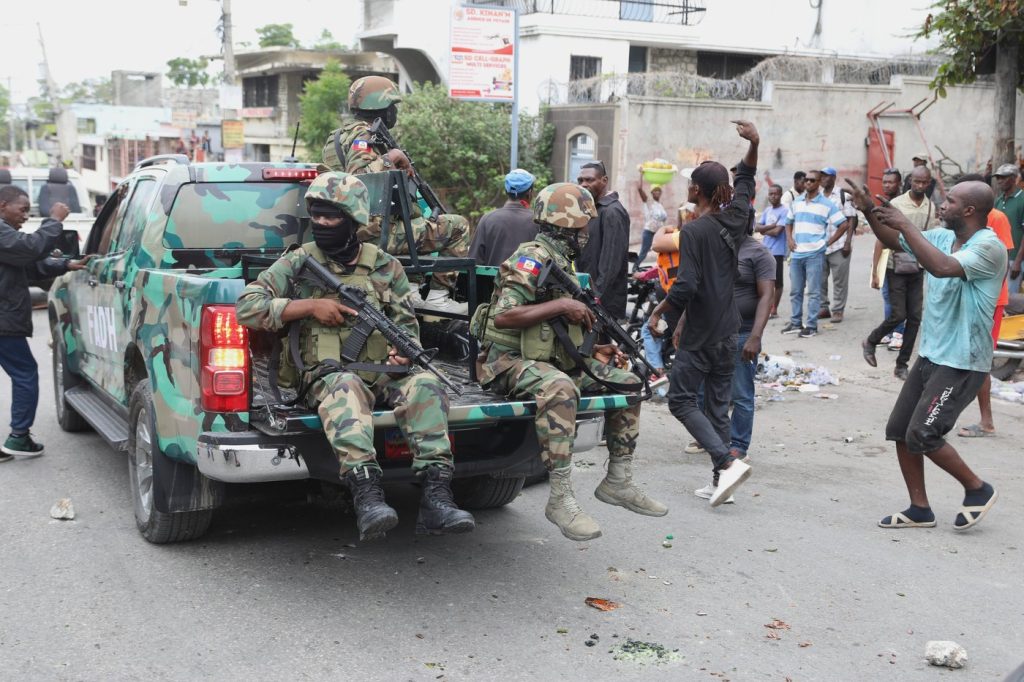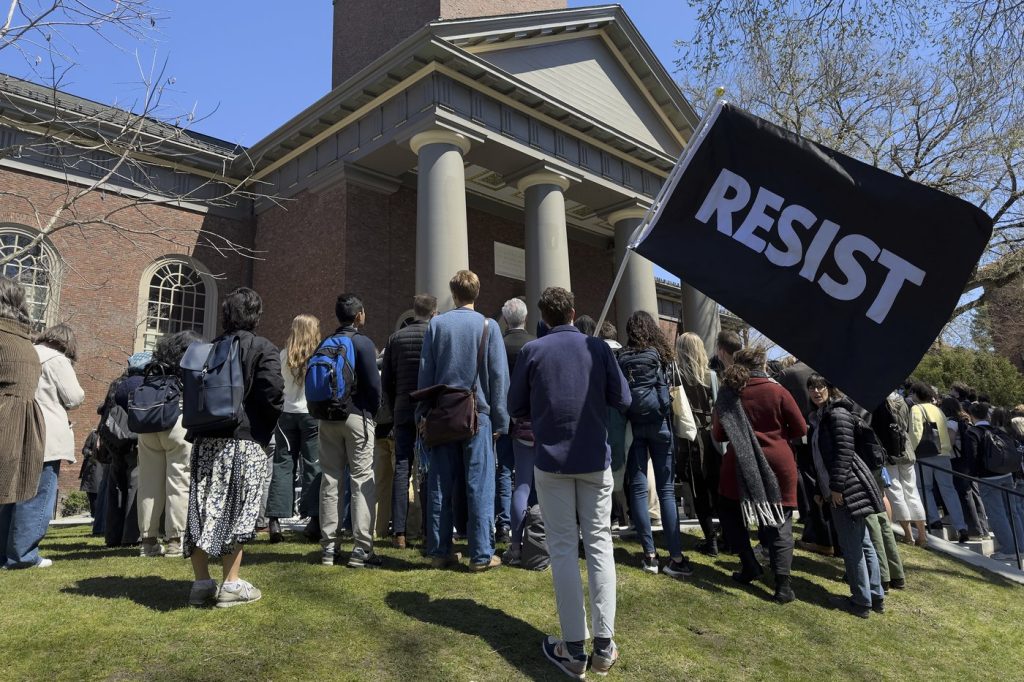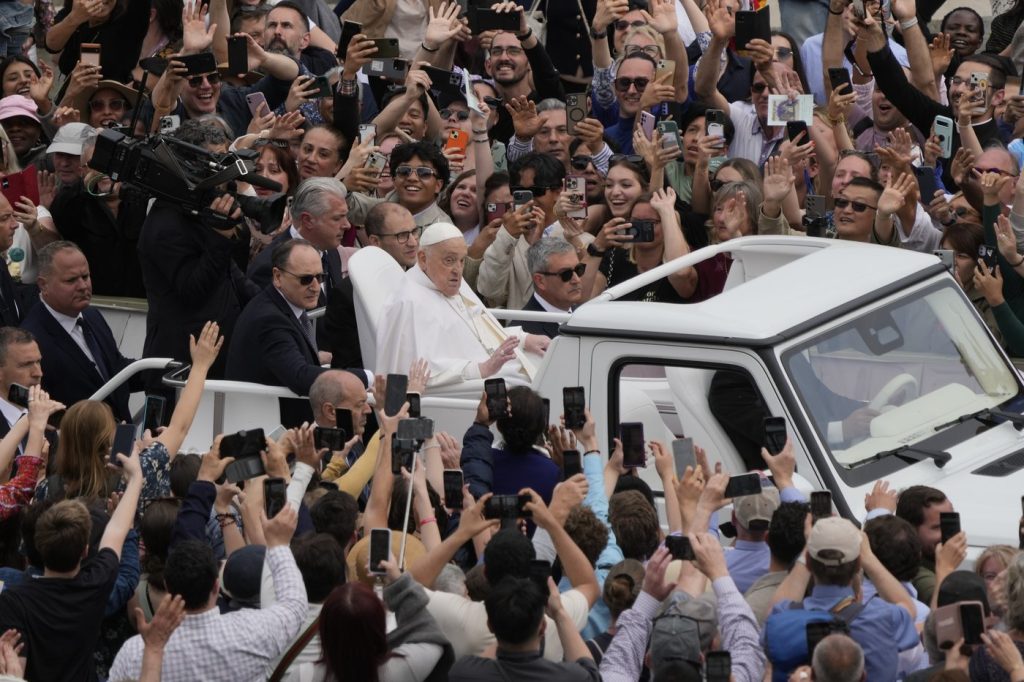The United Nations (UN) has raised urgent concerns regarding the escalating gang violence in Haiti, with the top UN official in the country, María Isabel Salvador, warning the U.N. Security Council that the situation could lead the Caribbean nation to a "point of no return." The deteriorating security climate has caused alarm, particularly as gang violence increases, threatening to destabilize the nation's already precarious situation.
Salvador highlighted that Haiti could sink into "total chaos" without increased international funding and support for a Kenya-led multinational force that is assisting local police forces in combatting gang violence. This violence has expanded beyond Port-Au-Prince, the nation’s capital, and most recently, gangs have taken control of the city of Mirebalais, leading to the release of over 500 prisoners during the incident. This marks the fifth prison break in less than a year, indicating a calculated approach by gangs to cement their control and induce fear within the population.
According to Salvador, the local police, backed by armed forces and the Kenya-led contingent, are overwhelmed by the violence that has escalated since the assassination of President Jovenel Moïse on July 7, 2021. Reports indicate that gangs have come to control approximately 85% of Port-Au-Prince and are now encroaching into surrounding areas. The political vacuum left in the wake of Moïse’s assassination has exacerbated the crisis, as Haiti has lacked a functioning president since that time.
The U.N.-backed force comprised of Kenyan police was deployed to Haiti last year with the aim of assisting local authorities in addressing gang-related violence. However, the mission remains critically underfunded and understaffed, operating with only about 40% of the intended 2,500 personnel. Recent data presented by Salvador illustrates the severity of the situation: in February and March alone, 1,086 individuals were reported killed, and 383 were injured. Furthermore, over 60,000 Haitians were displaced within just two months, adding to the existing 1 million displaced by December.
Fritz Alphonse Jean, leader of Haiti’s transitional presidential council, has attempted to ease public anxiety amidst the rampant violence by acknowledging that the country has "become hell for everyone." He promised new measures to curb the violence. However, Salvador maintains that the Haitian government's efforts will likely be inadequate to significantly mitigate the violent acts perpetrated by criminal organizations.
UN Secretary-General António Guterres communicated in February that he would seek authorization from the Security Council to allocate funding for the Kenya-led mission’s operational and logistical needs from the U.N. budget. However, there appears to be no immediate plan from the Security Council, composed of 15 member states, to address this request.
Salvador warned that without prompt, decisive, and tangible international assistance, the security landscape in Haiti is unlikely to change, leading it potentially toward utter chaos. Additionally, Kenya’s National Security Adviser, Monica Juma, informed the council via video that the multinational force's operations are entering a "decisive phase," marked by gang coordination in assaults against civilians and state facilities, along with targeted attacks against political figures.
Despite some reported successes in anti-gang operations and an improved security of critical infrastructure, Juma acknowledged significant operational gaps exist. Notably, 261 trained Kenyan police officers are poised to deploy to Haiti, but logistical challenges and the lack of necessary equipment hinder their mobilization. Juma appealed for the council to adopt a more proactive stance to stabilize Haiti, emphasizing that addressing the illegal flow of firearms and ammunition to gangs, along with enforcing sanctions against gang leaders, is essential for restoring order. U.N. experts have indicated that a majority of these arms are sourced from the United States, specifically from the Miami region.












